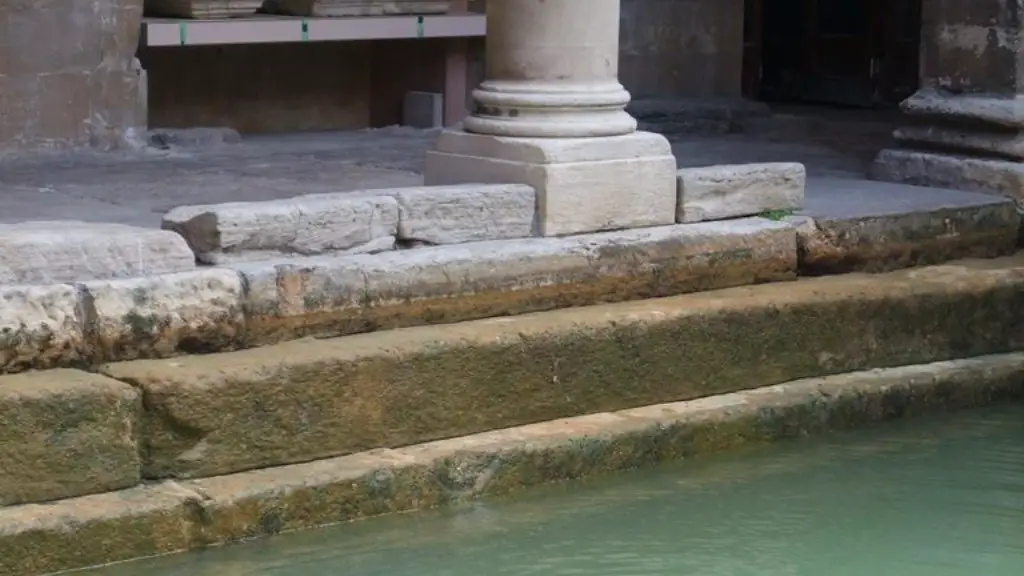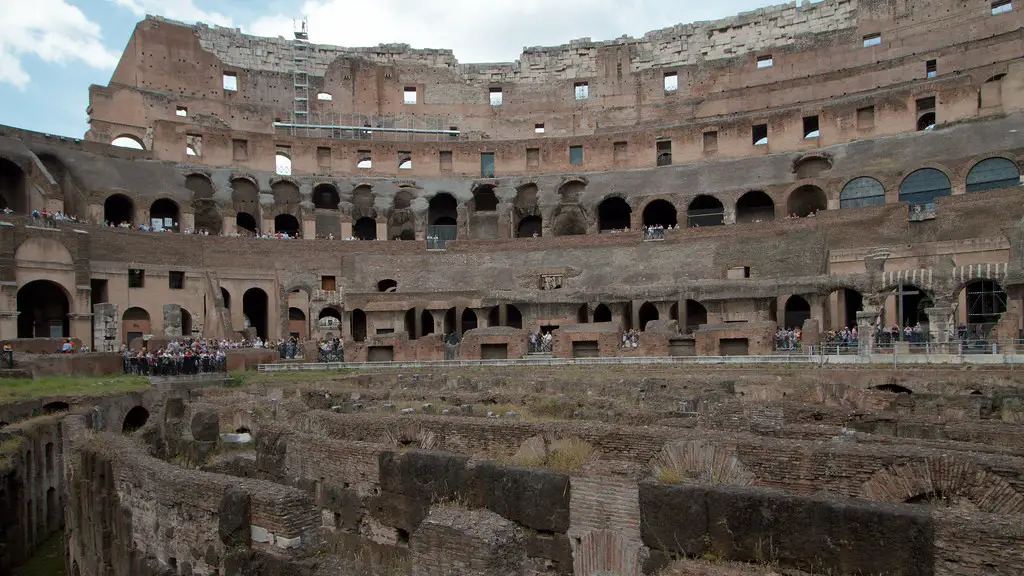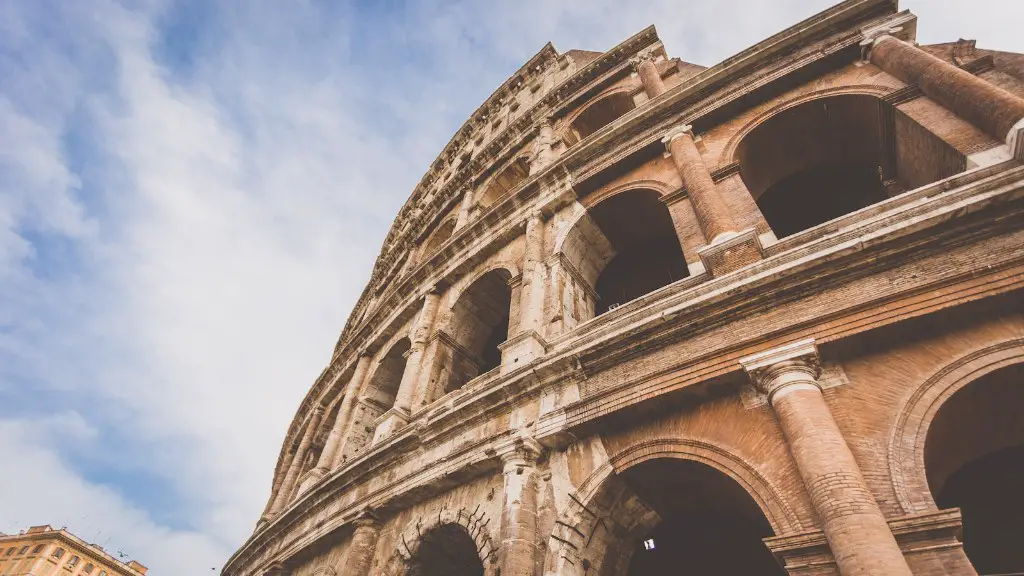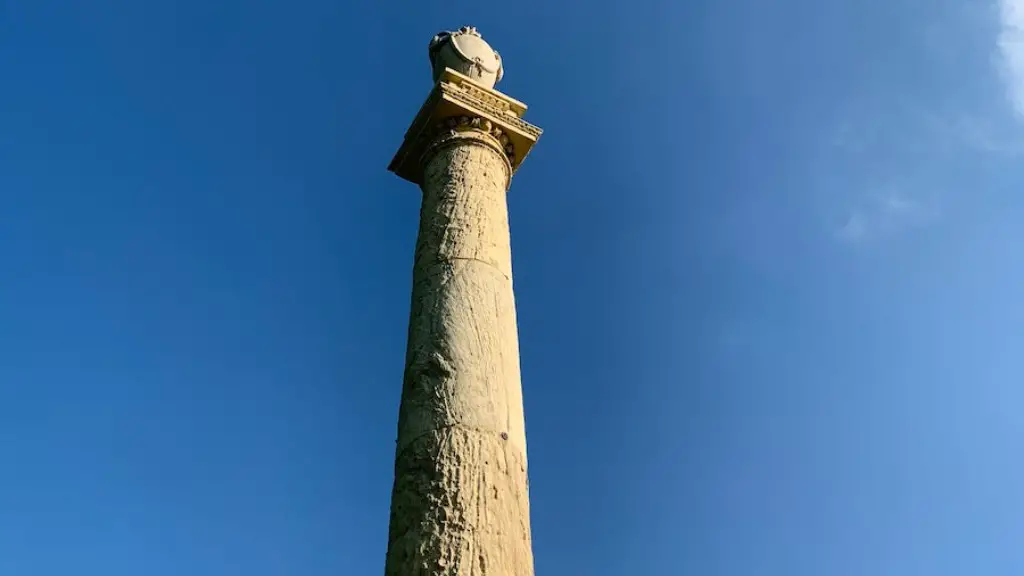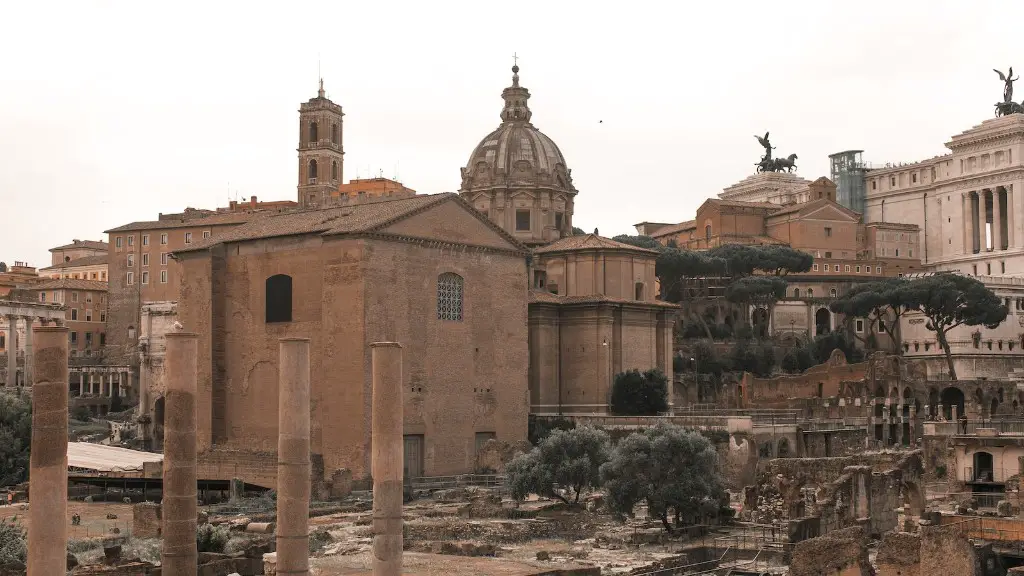The Ancient Romans were one of the most advanced civilizations of their time. They are known for their engineering feats, great literature, and powerful military and political systems. In this article, we will explore some of the amazing things that the Ancient Romans were good at and how they shaped the world we live in.
Architecture and Engineering. The Ancient Romans were renowned for their engineering feats, particularly in architecture and civil engineering. Using a combination of stone, wood, and concrete, the Romans were able to build incredible monuments, roads, aqueducts, and even entire cities, like Rome itself. The engineering feats of the ancient Romans are visible across the world today, including the famous Colosseum in Rome and the Pantheon, one of the world’s oldest and best-preserved domed structures.
Military Strength and Expansion. The military strength of the ancient Romans was formidable and they conquered and established provinces around the Mediterranean and beyond. The Roman legions were well-trained and disciplined, making them formidable foes. The development of weapons such as the pilum and ballista allowed them to dominate their enemies and maintain control over the lands they conquered.
Law and Government. Ancient Rome was the first civilization to develop a central government and the rule of law. The Twelve Tables, which were the foundation of Roman Law, served as a code of conduct for citizens and were strictly enforced. The Roman government was also one of the first to establish a form of democracy, and the development of a system of checks and balances ensured it remained stable. The Ancient Romans were also known for their brilliant legal minds and their extensive body of law.
Literature and the Arts. The Ancient Romans were great patrons of the arts, inspiring writers such as Virgil, Horace, and Ovid and sculptors such as Michelangelo. They also developed a great corpus of literature and philosophy, including works by Cicero and Seneca. The legacy of the ancient Romans is still evident in poetry, art, drama, and literature.
Education. Education was an important part of the Roman culture, with children taught to read and write, as well as to appreciate the arts. Schools were supervised by the state, and teachers paid well for their services. Higher education was available for those who could afford it and Roman achievements in mathematics, astronomy, and geography were unparalleled.
Philosophy and Religion. The Ancient Romans were well versed in philosophy and religion. They were deeply religious and embraced a range of beliefs, from Christianity to paganism. They also embraced stoicism, a philosophy which focused on inner strength and resilience, which is still taught and practiced today.
Culture
The Ancient Roman culture was made up of many diverse elements. It was influenced by the cultures of the Mediterranean, such as Greece and Egypt, as well as by the cultures of the Barbarians and Celts. The Ancient Romans were great patrons of the arts and music, and they were also very keen on sports, such as chariot racing and gladiatorial combat.
Other supporting Roman cultural aspects were pottery and the development of mosaic art. They also used small coins for trading and had a great custom of jewellery production with several known gems that used for both personal and ritualistic uses.
These cultural aspects helped Roman society create a unique culture. They could also express themselves in a variety of ways, as they kept a lot of their traditions but also blended in aspects from other cultures they interacted with.
Economy
The Ancient Roman economy was complex but very successful. They used monetary systems, the Roman currency, and trading networks to have a great economic infrastructure that played a crucial role in their strength as a civilization. Their focus on taxation, farming, and trade allowed them to build their empire and maintain stability over their many territories.
The Ancient Romans also took some key lessons from other societies which helped them to improve on their existing systems and methods. For example, it is believed that the Ancient Romans adopted some fiscal policies from the Greeks. They were also keen to adopt technologies from other cultures and make them their own, such as their first warships, which were adopted from the Carthaginians.
The Ancient Romans were adept at making their society self-sufficient and creating a diverse economy which served many different trades. This allowed them to maintain stability, create economic wealth, and fund their grand projects such as the Colosseum.
Relations With Other Cultures
The Ancient Romans were in contact with many cultures around the Mediterranean sea and beyond, with varying degrees of success. The most notable example of successful diplomatic relations was their relationship with the Greeks, which allowed Rome to adopt a lot of their culture, language, and technologies.
The Romans had less successful relationships with the Barbarians and Celts, resulting in a number of wars and disputes over the years. The most famous conflict was between the Romans and the Celts, which resulted in the fall of the Celtic Empire.
Generally, the Ancient Romans were willing to learn from other civilizations and adopt elements of their cultures, but were also wary of them. They had a strong sense of cultural identity which they were not willing to compromise on, for better or for worse.
Decline of Ancient Rome
The decline of the Ancient Roman Empire was due to a combination of factors, but ultimately it was down to internal instability and external threats. The Roman political and social order became increasingly weakened it and proved unable to cope with the increasing complexity of rulers, taxes, military campaigns, and economic difficulties.
The invasion of the Germanic tribes and the decline of Rome’s trade and economy magnified these problems and eventually led to the decline of the Ancient Roman Empire. This decline was further exacerbated by a series of natural disasters, such as the great earthquake of 447 CE, and by a series of weak and ineffectual rulers.
The decline of the Ancient Roman Empire caused economic decline and civil unrest in the Mediterranean, leading to what we now call the Dark Ages in Europe. This decline lasted for several centuries, until the Renaissance which started in Italy.
